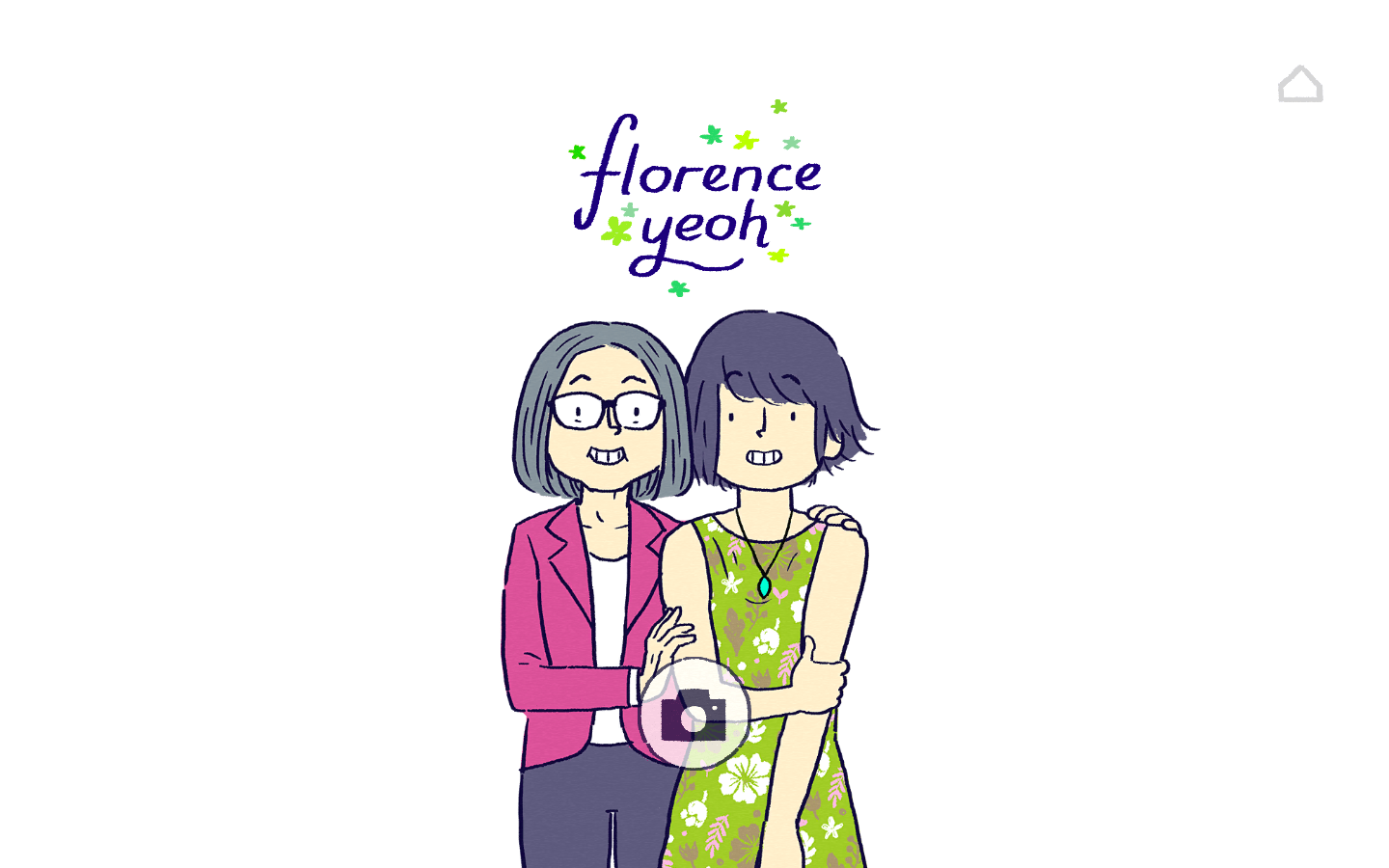Playing Florence felt like watching a short film. Florence is a 30-45 minute interactive story in which the main character, Florence Yeoh, navigates themes of love, loss, and growth. Each chapter of the game represents a chapter in Florence’s life — from building a new romantic relationship to focusing on her artwork. The game didn’t employ dialogue or written text, and instead, relied on music, melody, and visuals to portray the narrative. I actually enjoyed this more, as it allowed me to focus on the visual elements without feeling distracted. The subtle changes in music (from cheery, to sad, back to happy) paralleled the sentiments of what Florence was experiencing in that moment.
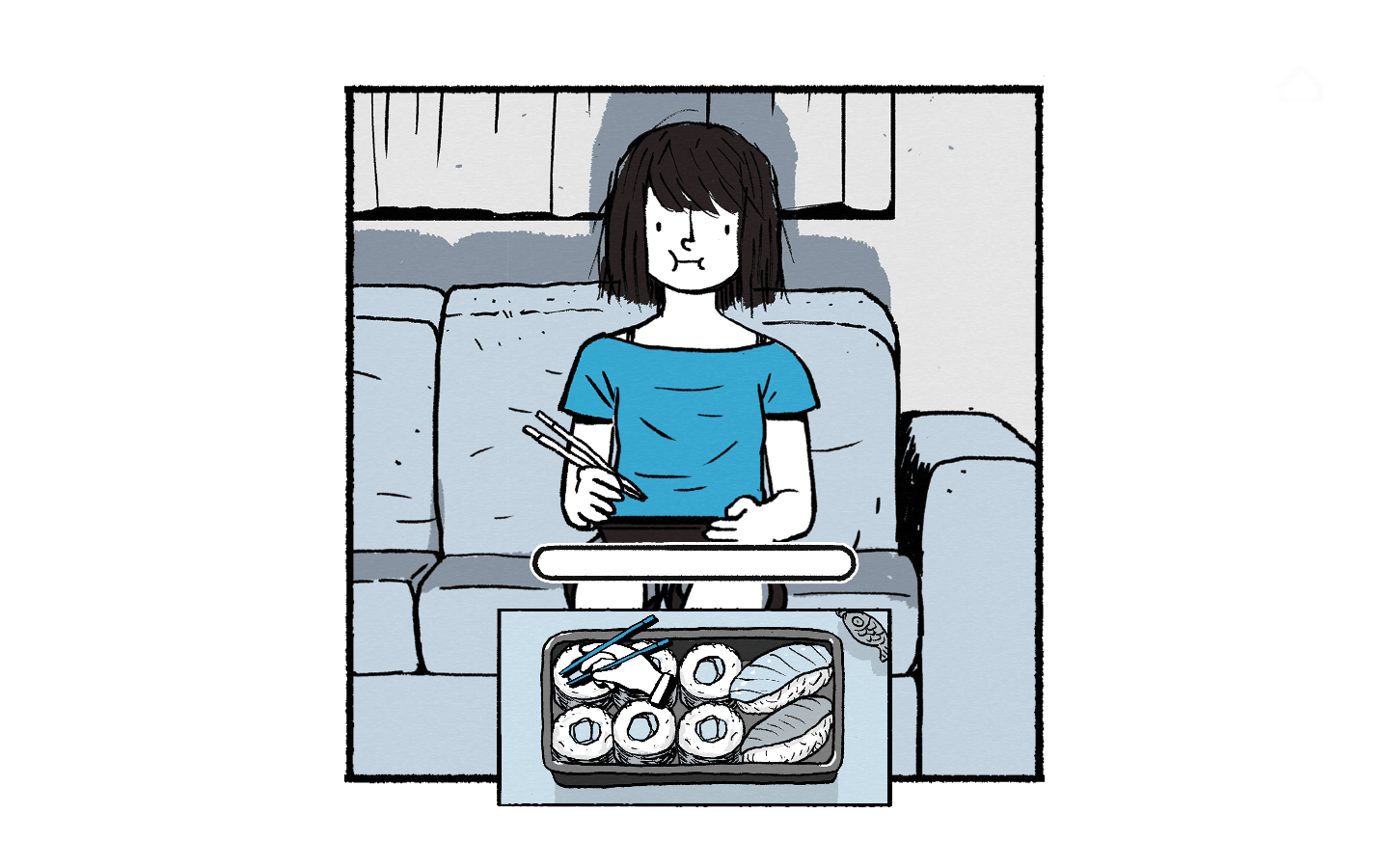
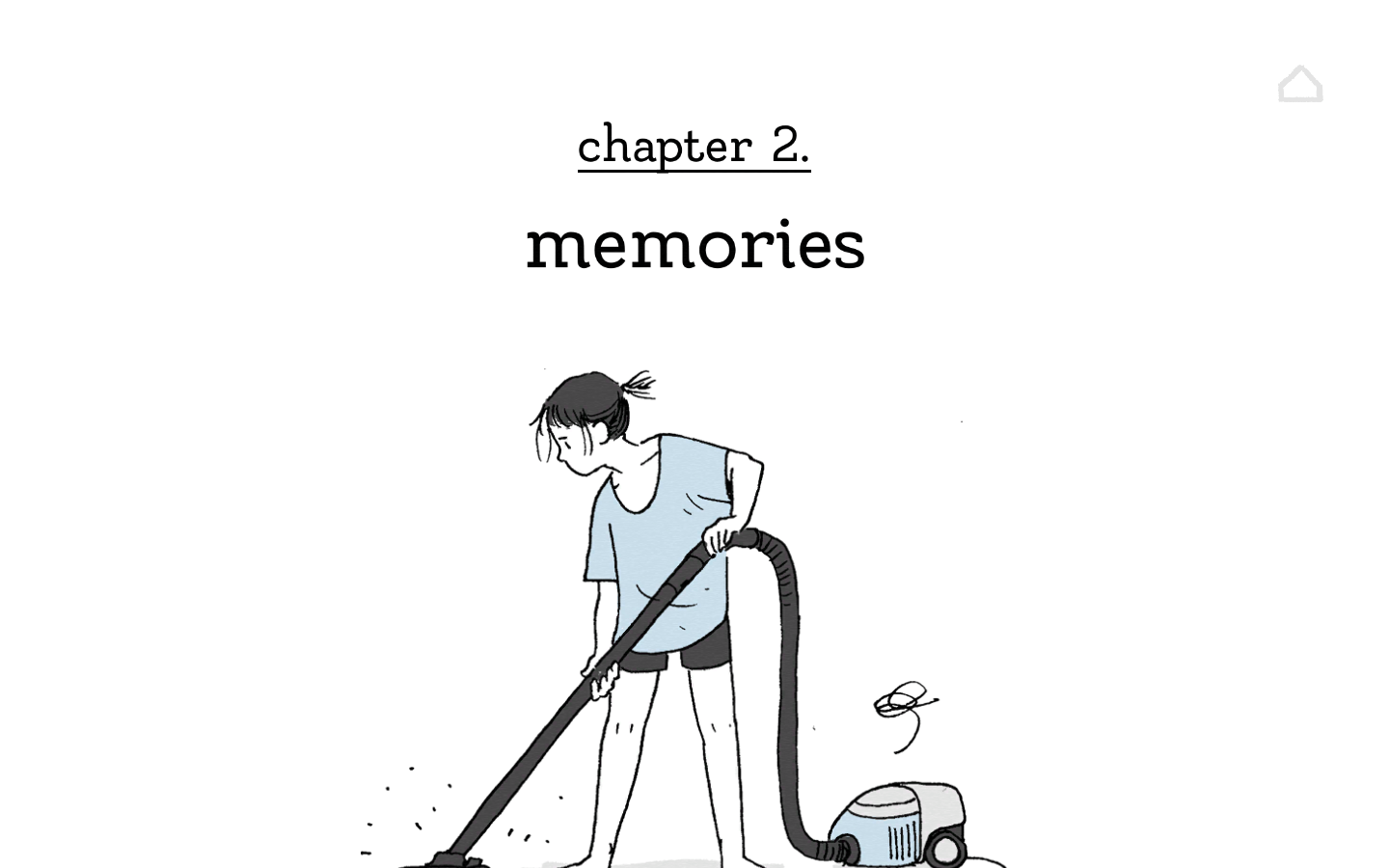
Playing Florence as a feminist encouraged me to examine how her relationships were portrayed — not just with her romantic partner, but relationships with everyone around her. Often in media, women are portrayed as if they only have one purpose in life: to build a successful romantic relationship. Before I played, I braced myself and wondered if Florence would reinforce this narrative. However, I was pleasantly surprised by how many of the game’s elements contributed to portraying how multi-dimensional Florence’s life was, and what she would find fulfillment in (that had nothing to do with romantic relationships). The game’s score contributed to how immersed I felt in the game. I felt heartbroken for Florence, but also hopeful and joyful, and these feelings brought me “a new node for understanding identity and increasing empathy” (Chess 58).

Growing up, many of the books I read and the films I watched followed the same archetype: girl meets boy, girl falls for boy, boy breaks girl’s heart, girl’s life is over. In a lot of these stories, the main characters were also often white. I believe Florence does a pretty good job at deconstructing this harmful stereotype. Though heartbroken and lost after her breakup with Krish, eventually, Florence is able to discover things she loves again, namely her art and her healing relationship with her mother. She is someone who has nurtured her own growth, but also the growth of those around her; a rising tide lifting all boats. Chess remarks, “A good feminist story… is one that is conversational, personal, and relays narratives that surpass the expectations we tend to have of those ushered in to and for patriarchal audiences” (Chess 58). I believe Florence’s story is deeply personal and shatters the assumption that after heartbreak, women feel purposeless. Chess also comments, “…we need to tell stories not just about women but also about characters who face the adversities set forth within our mainstream cultures” (Chess 58). So while I appreciate Florence’s story for how it was portrayed, especially as Florence is depicted as Chinese-Australian and Krish as Indian-Australian, I also thought about how it could be made more inclusive for more audience members, perhaps by telling stories about queer love or how closely religion can be intertwined with notions of love and intimacy. Since not all gamers can identify with a story of girl-meets-boy, more work can be done to ensure that the relationships that are portrayed in video games are representative of the many love stories there are.


Chess explains that they would “like to destroy the video game industry, as it is currently known. [Chess] wants to annihilate the toxic cultures, mediocre products, and public reputation” (Chess 54) of the game industry. Recruiting more feminists into the space garners support for sharing stories that have been suppressed and shamed for so long; stories that are falsely accused of tarnishing the reputation of established companies; stories that are wrongly accused of failing to fit into the traditional mold of love, relationship, and intimacy. Though Florence does not capture the wide variety of relationships and demonstrations of love, I still believe it is a powerful, disruptive, and informative story. Many may feel disappointed by the seemingly sad ending, but I find it humanizing and authentic.
Because the game is predetermined, I felt as though there was little to no agency in the game. For example, many of the puzzles involved drag-and-dropping puzzle pieces to complete scenes including dialogue, or shaking photos back and forth to reveal the underlying content and peel back layers of Florence and Krish’s relationship. However, I didn’t feel that this took away from the feminist narrative and theme to the game. This is a coming of age story, but it is one that feels more realistic, grounded, and raw than many of the stories portrayed in the media. Despite the lack of agency, the narrative documents the trials and tribulations of moving on from a relationship and demonstrates Florence taking agency of her life in order to create a fresh reality for herself. In doing so, she’s in a better headspace when reconnecting with her mother, being able to share artwork, stories, and aspirations.
I think Florence shows what a lot of books and movies are afraid to: often, relationships may fall apart not because of how the people in the relationship feel about each other, but rather due to how they feel about themselves. Sometimes, even with the right person and the right time, it might still fail. Rather than pinning the downfall of the relationship on Florence or on Krish, the game designers focus on Florence’s journey afterwards. It shifts to a narrative where Florence works diligently to find what she enjoys and what relationships she wants to build from the ground up. There’s a lot more to Florence’s life than her relationship with Krish — there’s the rekindling of her love for art, the satisfaction of winning prizes because of it, and the vulnerability she embraces to build a relationship with her mom. That, in my opinion, prioritizes feminism, because Florence’s life becomes even richer after she and Krish go separate ways. Many narratives fail to portray the strength of feminists and underestimate their ability to recover from heartbreaking experiences.

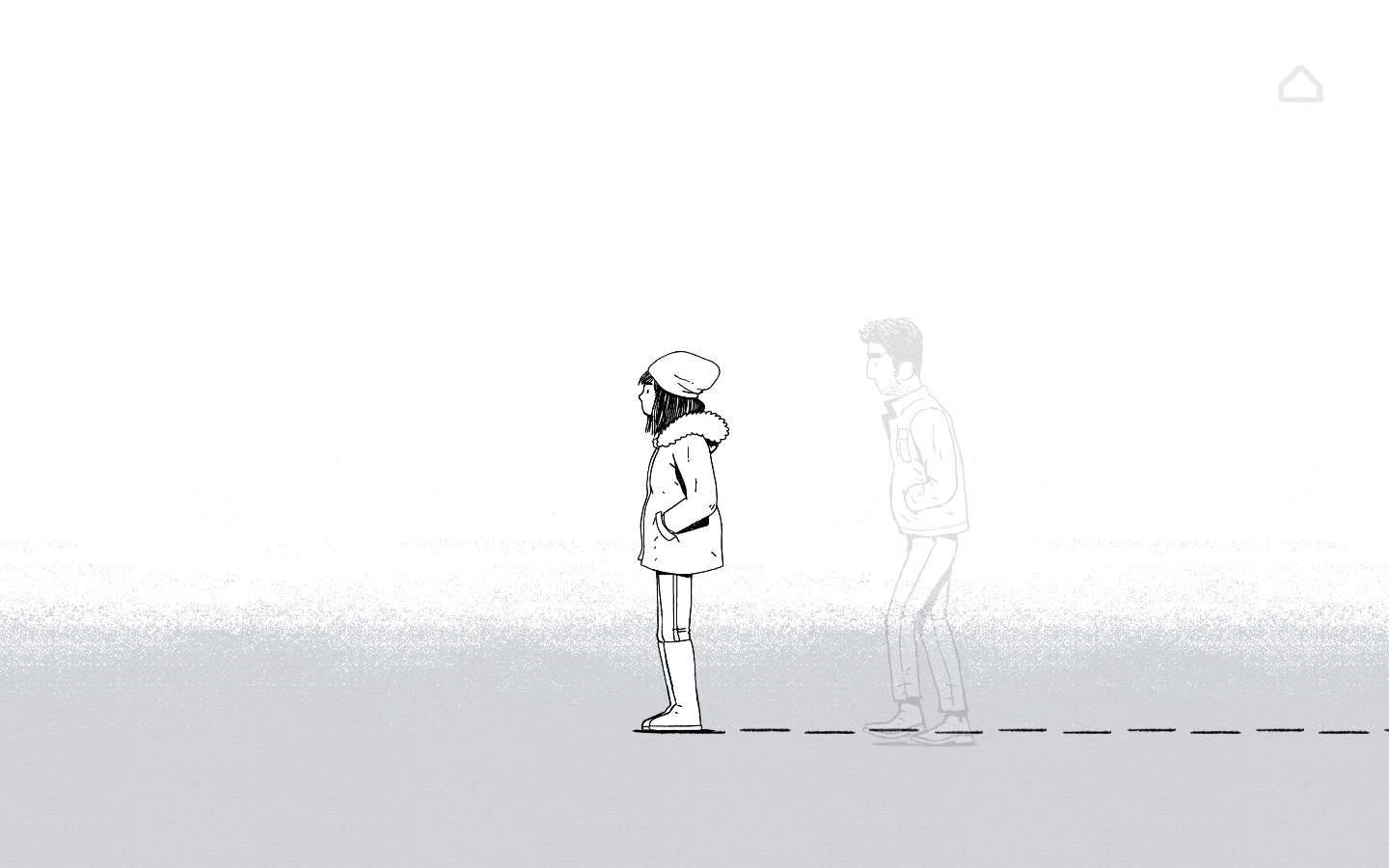
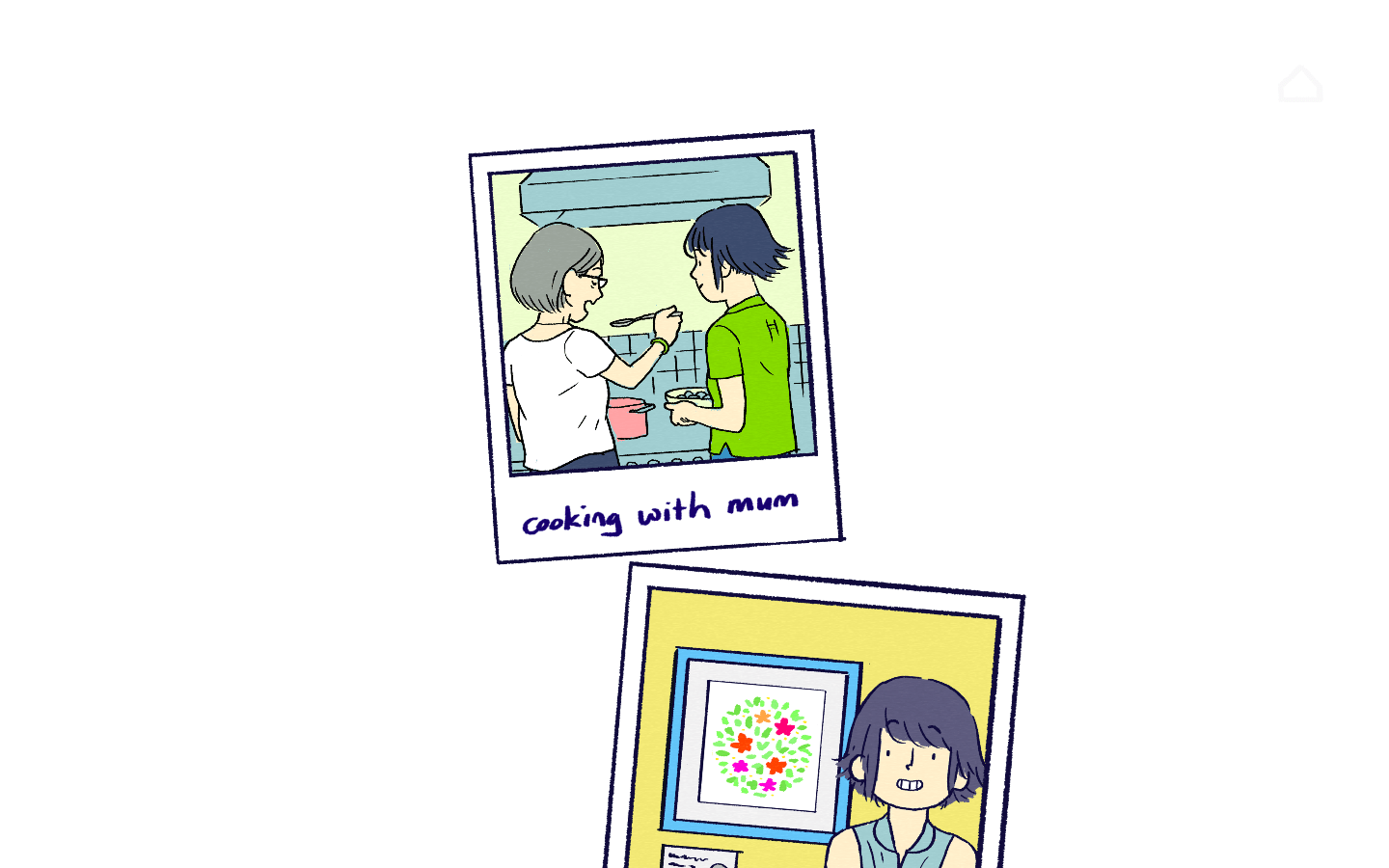
Discussion Question:
Aside from the games themselves, how do film critics’ reviews, general audience sentiment, and designers’ statement of intent upon releasing a game influence how feminist ideals are discussed and prioritized in the game industry?


